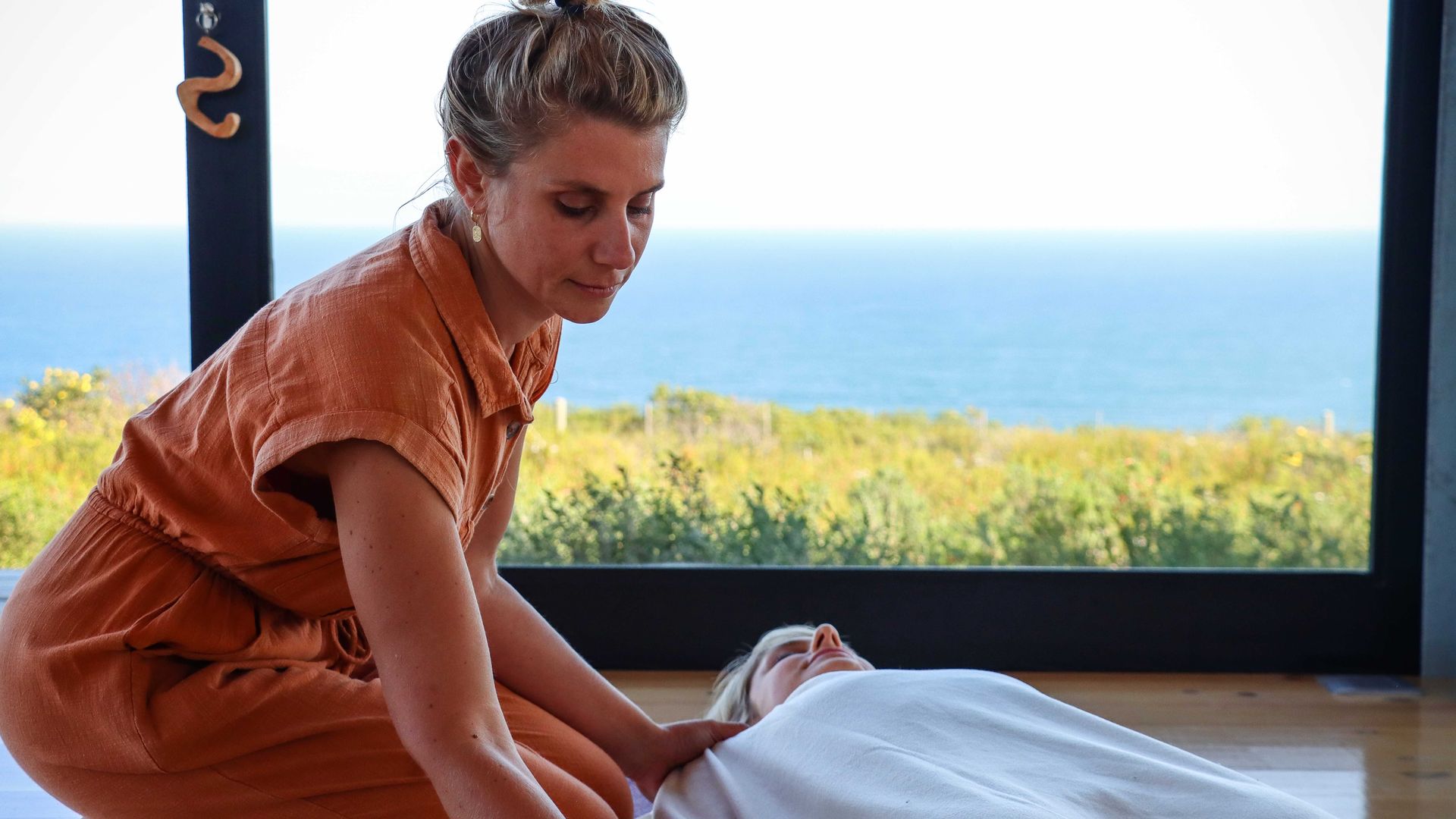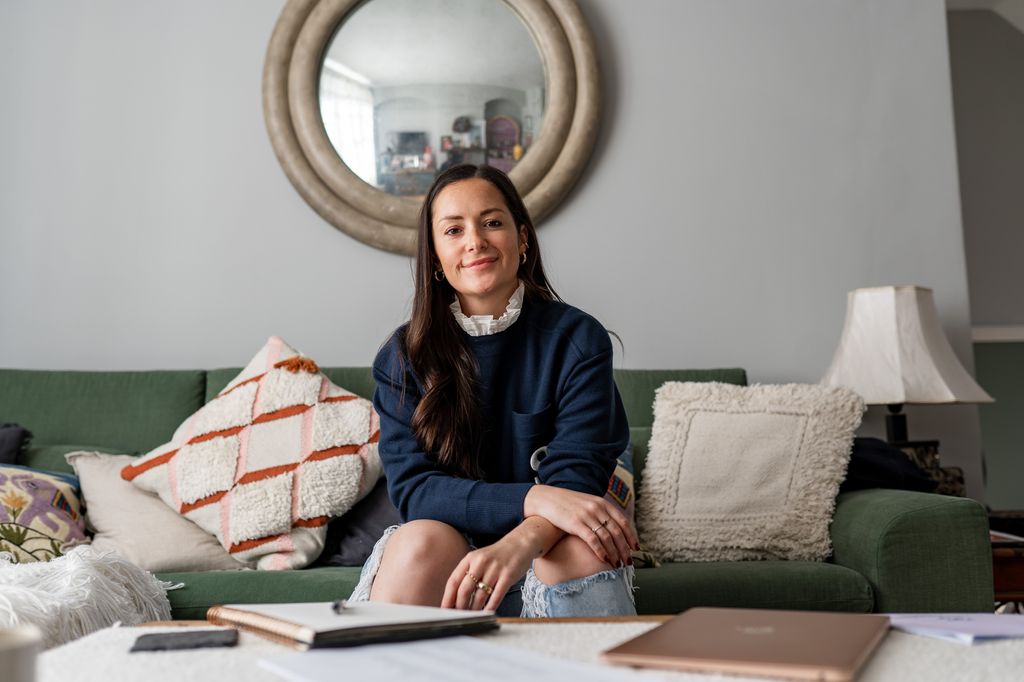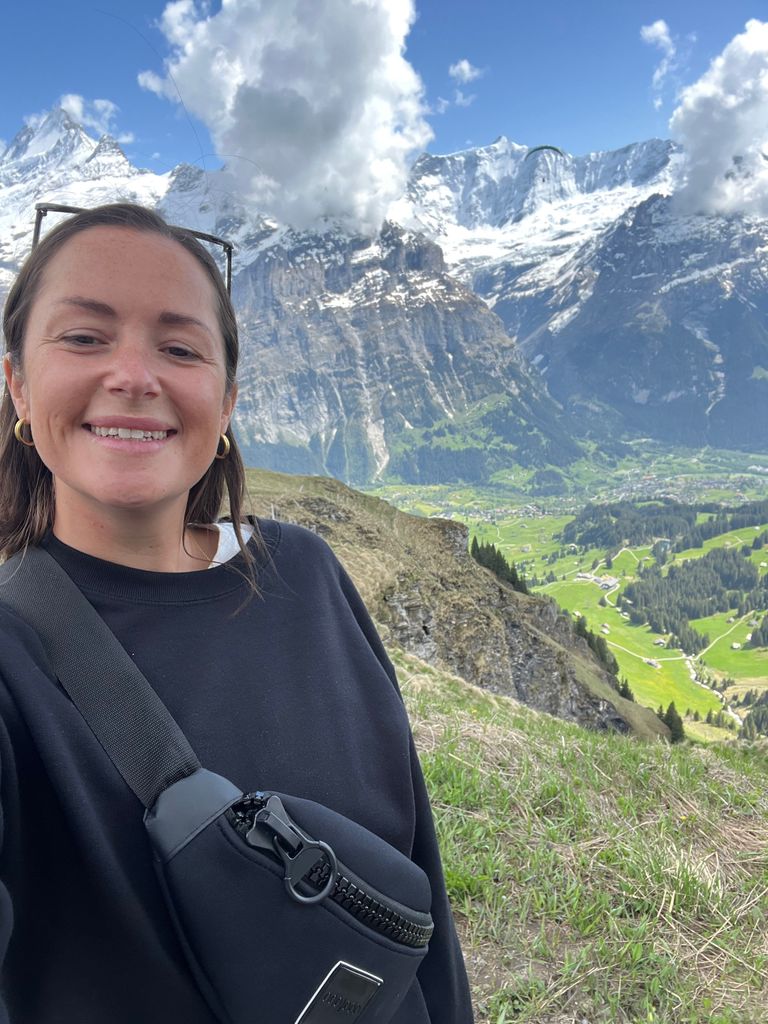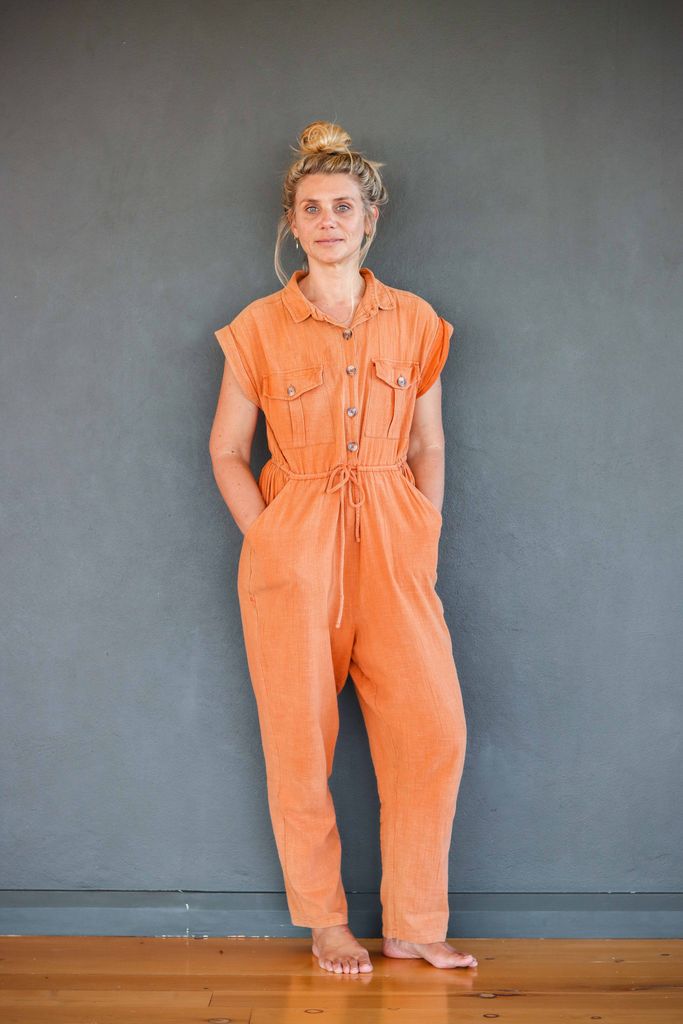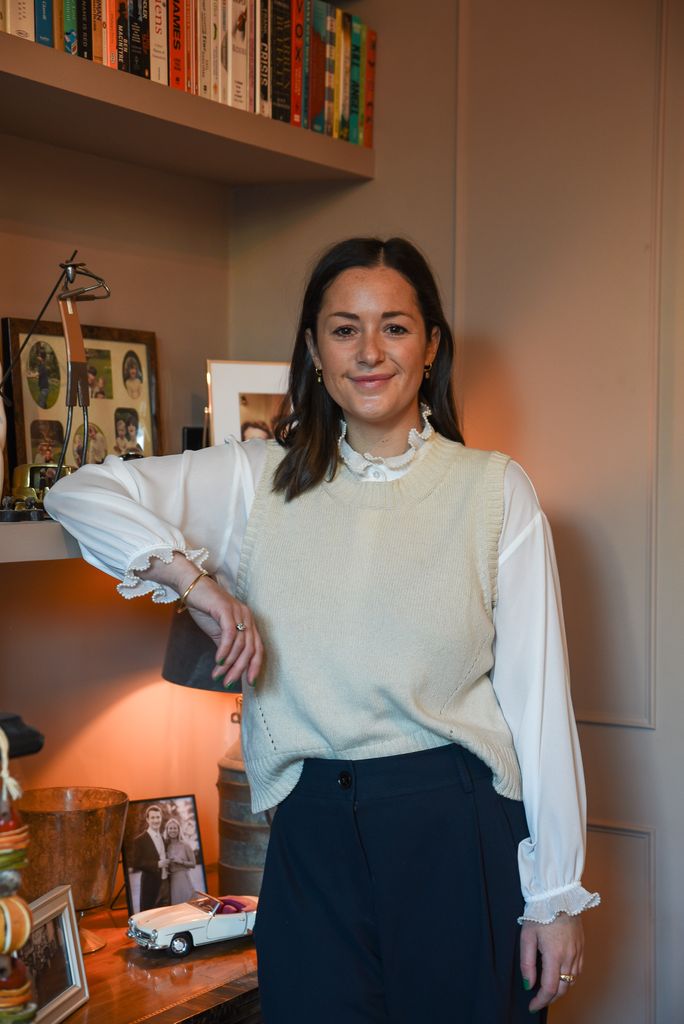There’s a plethora of different therapies out there claiming to ease, reduce or eliminate trauma from our bodies.
For my weekly HELLO! Column, I’ve tried everything from craniosacral massage to Chi Nei Tsang. I’ve had acupuncture in my perineum (yes, really), tried EFT (Emotional Freedom Technique) and been hypnotised – all in attempts to ease and alleviate lingering trauma and feel happier and healthier in my body.
Each has yielded varying degrees of success and my greatest takeaway is that a huge factor in the success of your treatment lies in the practitioner you choose work with.
As with everything, trust is key. If you don’t feel safe or you’re unable to relax, it’s unlikely that the treatment will work.
To unlock suppressed emotions, feelings or to re-live painful experiences, you have to be in the right place (mentally) to do so. Our bodies have a natural tendency to suppress discomfort and if we don’t want to remember a painful memory or experience, our mind does a good job at burying it.
MORE FROM HATTIE: Desperate for guidance after a breakup, I had a tarot card reading – here's what happened
This explains why talking therapy can be a lengthy process, and it can often take years to get to the root of trauma.
I absolutely know that there’s no ‘quick fix’ to healing, and (unfortunately), you really do just have to go through the motions. As a practical (read: impatient) person, I’ve been searching for a modality to help with the release stage, without having to bare my soul and re-live painful experiences. Much to my delight, I recently discovered TRE, here’s how I got on.
What is TRE?
TRE stands for trauma and tension release exercises, a somatic body-based practice for anyone suffering from stress, anxiety, trauma or PTSD.
Trauma (big or small) can be stored within us, impacting our emotions, physical well-being, and overall quality of life.
TRE is a gentle and effective approach to releasing tension, stress and trauma from the body, promoting healing, resilience and emotional well-being.
TRE is based on the understanding that the body naturally possesses a mechanism for releasing tension and trauma. This mechanism is believed to be an evolutionary response that helps animals in the wild discharge excess energy and reset their nervous systems, after encountering threatening situations.
In our busy modern society, many of us have lost touch with our instinctive ability to release tension, leading to chronic stress and often manifesting in physical pain.
TRE works with the nervous system by providing a safe and controlled way to discharge tension and trauma-related energy, that has found itself ‘stuck’ or stored in the body.
The body should shake during a TRE session, and these tremors are a natural physiological means to start the release process.
HATTIE'S COLUMN: Iridology: How a photo of my eye helped diagnose my health conditions
What happened during my TRE session?
I booked a session with psychologist and TRE practitioner Kelly De Rosner and arrived at my first session ready for a big initial ‘release’.
I lay on the floor and found a comfortable position, with Kelly sitting closely by my side. There was very little verbal communication, but Kelly gently placed my body in position and guided me on where to place my feet and how to position my legs.
I held various positions for as long as they were comfortable. When they weren’t, Kelly would move my legs to a different place. This part of the session lasted for approximately 45minutes and my mind wandered in and out of consciousness throughout.
READ: The 20-minute ritual that switched off my busy brain instantly
During this first session, I was focused on trying to dig up memories in my mind that I wanted to release. It was hard for me to consciously locate them, and I felt frustrated as my mind would then begin to wander again.
Kelly explained at the beginning of the session that there was no right or wrong way to experience TRE. As the session came to a close, I noticed that I hadn’t ‘shaken’ once, or felt the tremors I was anticipating.
After some discussion with Kelly, I understood that this was because I was too focused on trying to re-live painful experiences and my body’s adopted coping mechanism of shutting them out was kicking in. My conscious brain would not allow me to relax, so that animal instinct wasn’t able to take over.
I booked a second session with Kelly for the following week and arrived feeling more relaxed as I knew what to expect and how the process worked.
We repeated the same steps as before and very quickly I felt my legs start to shake. It’s a very strange, uncontrollable sensation. Your thighs almost vibrate and you feel your body taking control of your mind.
Knowing that this was the desired outcome made it easier for me to relax. I didn’t put any pressure on myself to think about or focus on anything, and instead just lay quietly and enjoyed the process.
It’s easy to lose track of time as you lie there, and it’s not an unpleasant sensation. My legs were shaking for the entire session, which ended with 10 minutes of lying still at the end.
TRY THIS: I quit alcohol for three months – here's what happened
How did I feel after TRE?
I quickly fell into a deep sleep and woke feeling completely exhausted and drained.
It’s hard to explain how or why it feels the way it does, but you emerge with a sense of lightness.
My skin looked brighter and I just felt better overall. I felt incredibly safe and supported by Kelly. and see this as a key element to the success of the treatment.
Does TRE work?
Now that I understand how TRE works and how it’s meant to feel, I will absolutely be adding the practice to my roster of well-being and self-care. I have friends who have cured back-aches, released stress, healed from heartbreak and improved their sleep through regular TRE sessions.
It’s an effective method to deal with the deeply engrained ‘stuff’ without having to go into it, and equally as valuable as a full-body MOT.
Kelly is available for remote sessions via Zoom and recommends up to four weekly sessions. TRE lasts between 60-75mins, £65 per session. To book, get in touch via her website or email at kdrpractice@gmail.com
